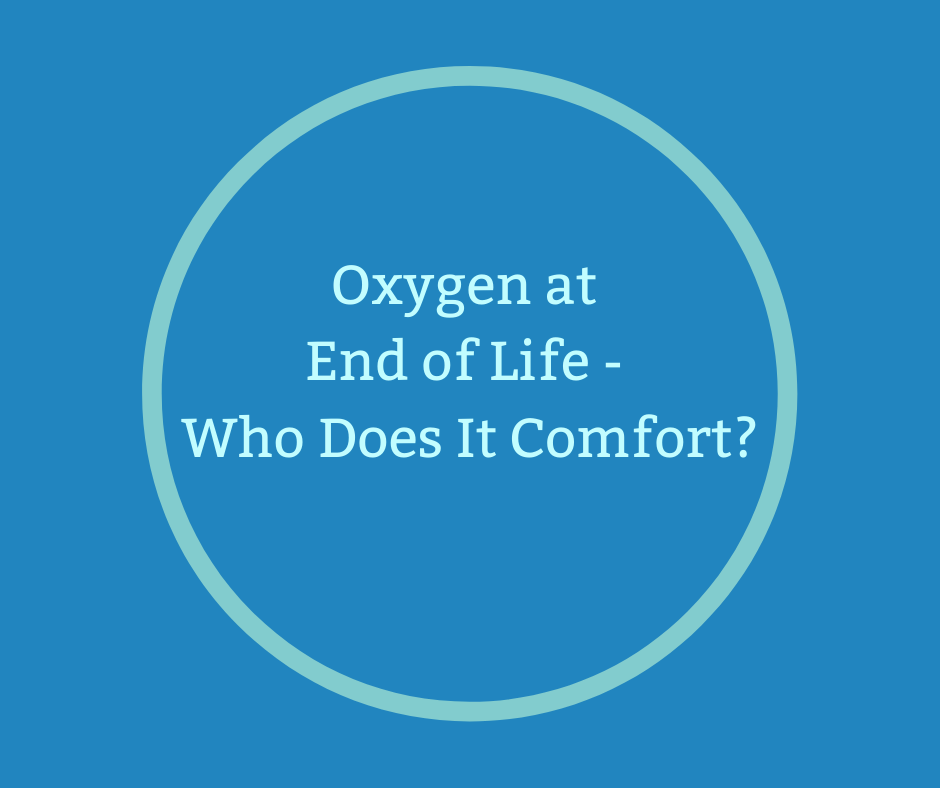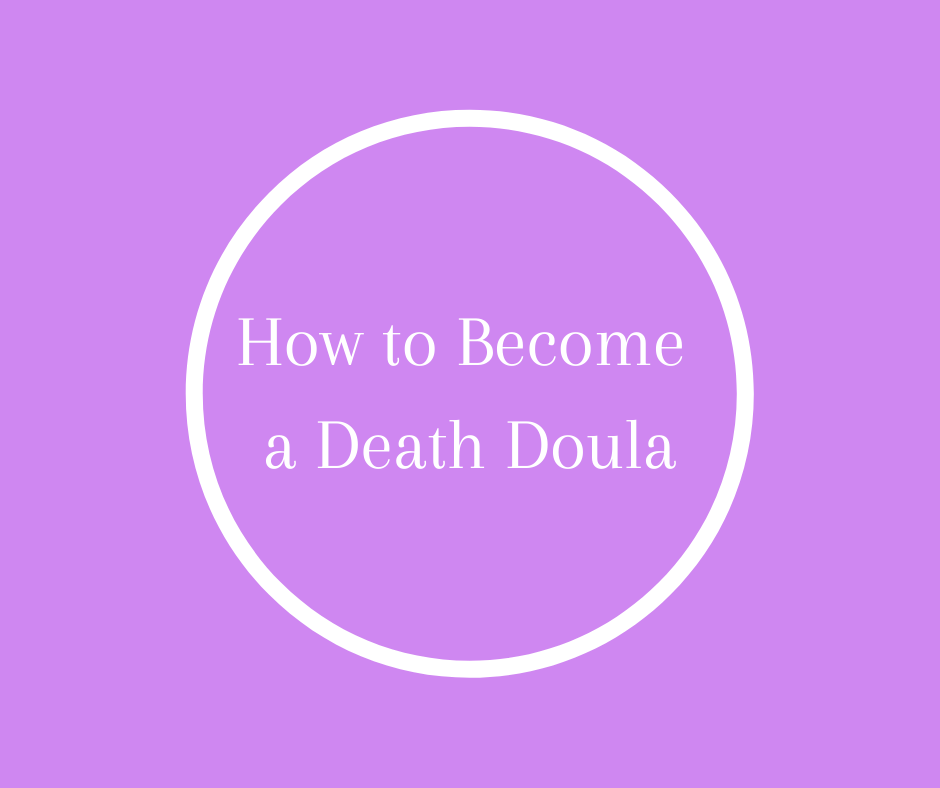Dear Barbara, I'm facing the choice of having my mother be fed or not as she is barely feeding herself. I need facts to share with my sister on allowing her to go without prolonging life through feeding.
As a person enters the dying process, months before death occurs, they will gradually stop eating. Months before death they will stop eating meats, then fruits and vegetables, then soft foods, then liquids and finally in the days before death they will not even take water. This is normal. This is how people die.
How we take care of people who are dying has changed over eons of time. Dying was once viewed as a natural part of living. Now it is the enemy to be avoided at all costs (literally at all costs in many cases). What was once natural is now medicalized. What hasn’t changed is how the physical body dies from disease or old age. When not interfered with by medical procedures a person will gradually stop eating, slowly withdraw into themselves and sleep more and more. The body reaches a point where it is asleep all the time, non responsive (completely withdrawn from surroundings) and not eating or drinking. This is how people have always died. This is the natural way a body (man, woman, child or animal) dies.
It isn’t that the person doesn’t want to eat. They usually try but state they just “can’t” eat. This is because the eating or not eating has nothing to do with the personality choosing to eat or not. It has to do with the body releasing its hold on this physical plane. Food is what holds us here. Food is our anchor to earth.
This is one of the hardest concepts of dying for people to understand. So much of our life is supported by eating, its sociability, the holidays, and expressions of love, but actually eating’s purpose is to sustain the body, to keep it alive. When the dying process begins it is normal for eating to gradually stop.
When a person’s disease can’t be fixed, and death is going to be its result, the goal becomes one of providing comfort. ALWAYS offering food but not forcing is the comfort we give now. Offer favorite foods, offer liquid protein supplements, offer small, high protein snacks. Forget about three meals a day. Three regular meals is too much food and overwhelming.
ALWAYS OFFER SMALL AMOUNTS OF FOOD FREQUENTLY but don’t force or be disappointed when the food is not eaten. The body is doing what it will always do when death approaches, when we don’t interfere with the wonders of our modern technology. The body will reject the food and gradually stop eating.
Remember we are all going to die some day. Death is very much a part of the life experience. How the body dies naturally is by gradually not eating.
Something More about Food and the Dying Process~
I talk extensively about food in the dying process on my dvd, NEW RULES for End of Life Care. Particularly about the affects of forcing food at end of life.








37 comments